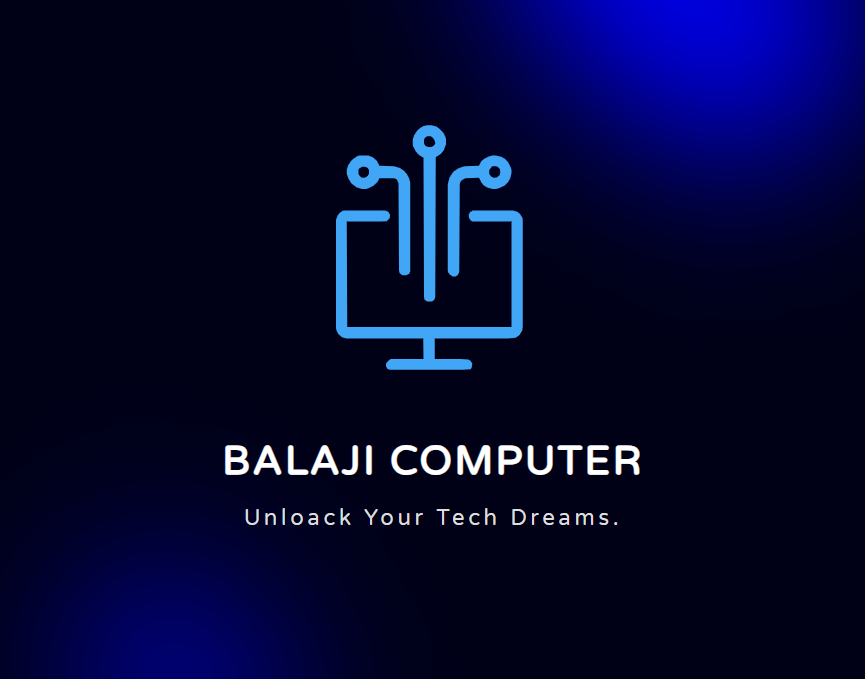




Duration
15 months
Level
Advanced
Language
English
This comprehensive suite of courses is designed to equip students with essential skills in various areas of technology and programming. The CCC Full Course provides foundational knowledge in computer concepts, while Microsoft Office Advanced Excel enhances proficiency in data management and analysis. The Typing Master Course focuses on improving typing speed and accuracy, essential for productivity in any digital environment. Students will delve into programming languages with the C Language and C++ courses, where they will learn core programming concepts and object-oriented principles. The Core Java and Advanced Java courses prepare learners for enterprise-level applications, covering essential frameworks and design patterns. Web development skills are also prioritized, with courses in HTML5, CSS3, JavaScript, Bootstrap 5, jQuery, AJAX, JSON, and PHP, allowing students to create dynamic, responsive websites and applications. By the end of these courses, participants will be well-equipped for careers in tech, software development, and digital marketing.